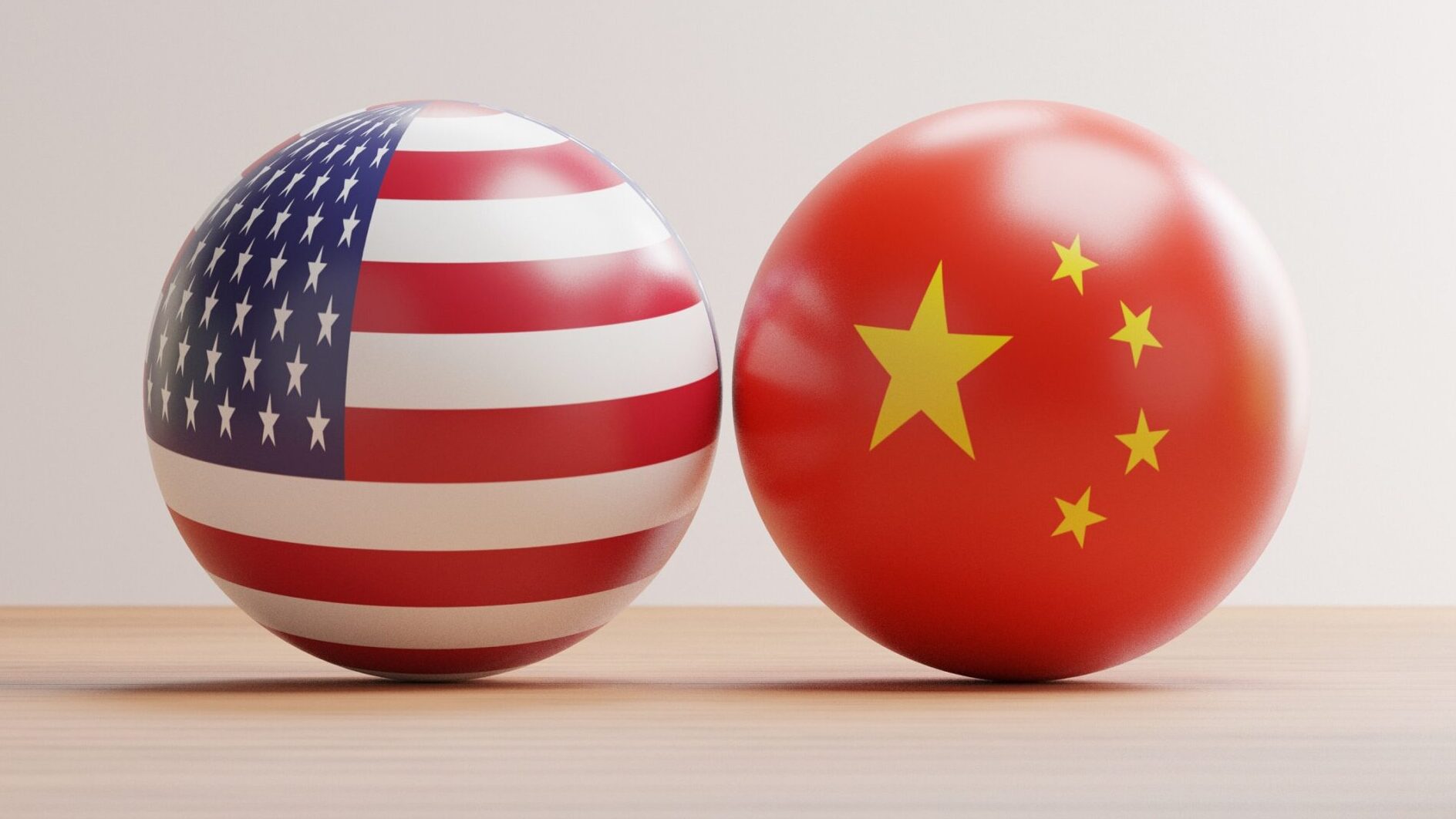Biden Wasted Blinken’s Effort in China
An-Nahar, Lebanon, June 20
The visit of US Secretary of State Antony Blinken to Beijing appears to have broken through the thick layer of ice that had developed between the two largest economic powers in the world, bringing them back to the same negotiation table. While a breakthrough in their relationship may still be premature, Blinken received a warm reception from his Chinese counterparts. During his visit, Blinken met with President Xi Jinping, the head of diplomacy in the Communist Party, Wang Yi, and Foreign Minister Qin Gang. It appears, however, that no major changes occurred in the Chinese and American discourse, indicating that controversial issues remain on the table. Thus, further rounds of diplomacy and dialogue between the two countries are necessary. China and the United States maintain an intense rivalry, extending from trade to territorial disputes. Notably, the Taiwan and South China Sea questions remain hotly contested. Beijing accuses the US of aiming to “contain” China and block its rise to economic and political parity. In response, the US has bolstered partnerships and trade blocs in the Asia-Pacific, alongside strengthening military ties with major powers, such as the Philippines, as well as with smaller states including Micronesia, Papua New Guinea, and the Solomon Islands. Washington has upped its military aid to Taiwan and bolstered US forces in the region, sending a stark message to Beijing about the implications of attempting to annex the island by force. Further, the 2018 National Security Strategy of the United States prioritized China as the top challenge facing the US in the years to come—superseding even Russia. US-Chinese relations have deteriorated under the presidency of Donald Trump. Trump set tariffs on Chinese imports and sanctioned Chinese officials and companies for Beijing’s treatment of the Uighur Muslim minority in eastern Xinjiang. Joe Biden has not reversed Trump’s policies but rather increased them, maintaining the custom tariffs. The issue of US accusations regarding Cuban espionage bases and the eavesdropping of the US by China is now central to the two countries’ relationship. The visit of former US House Speaker Nancy Pelosi to Taiwan last August has sparked further tensions in these relations. In early January, a Chinese reconnaissance blimp entered US airspace, leading Washington to accuse Beijing of espionage. Complications to the bilateral relationship were further exacerbated when Taiwanese President Tsai Ing-wen visited the US in April and was received by US House of Representatives Speaker Kevin McCarthy. The complexities of the Russian-Ukrainian War have contributed to rising tensions between Beijing and Washington since February 2022. Despite unsuccessfully attempting to bring China into the Western sanctions regime against Russia, America is aware that Beijing’s maintenance of strong trade relations with Russia hinders their plans to cripple the Russian economy. When China proposed a cease-fire initiative in Ukraine in March, the United States quickly accused Chinese companies of supplying military equipment to Russia. This accusation served to dash any hope of the Chinese plan succeeding. The competition between China and the United States for global status is showing no signs of abating. With the fall of the Berlin Wall and the dissolution of the Soviet Union, the United States has remained the sole superpower in the world. Meanwhile, China looks to its economic strength to challenge this hegemony and establish a new multipolar world order. Secretary of State Antony Blinken’s trip to Beijing was intended to reduce tensions and de-escalate matters. However, two days after he left, President Biden referred to Chinese leader Xi Jinping as a “dictator,” suggesting that things remain unchanged. Thus, the two countries’ feud continues as both strive for preeminence in the international arena. —Samih Saeb (translated by Asaf Zilberfarb)
This holiday season, give to:
Truth and understanding
The Media Line's intrepid correspondents are in Israel, Gaza, Lebanon, Syria and Pakistan providing first-person reporting.
They all said they cover it.
We see it.
We report with just one agenda: the truth.



